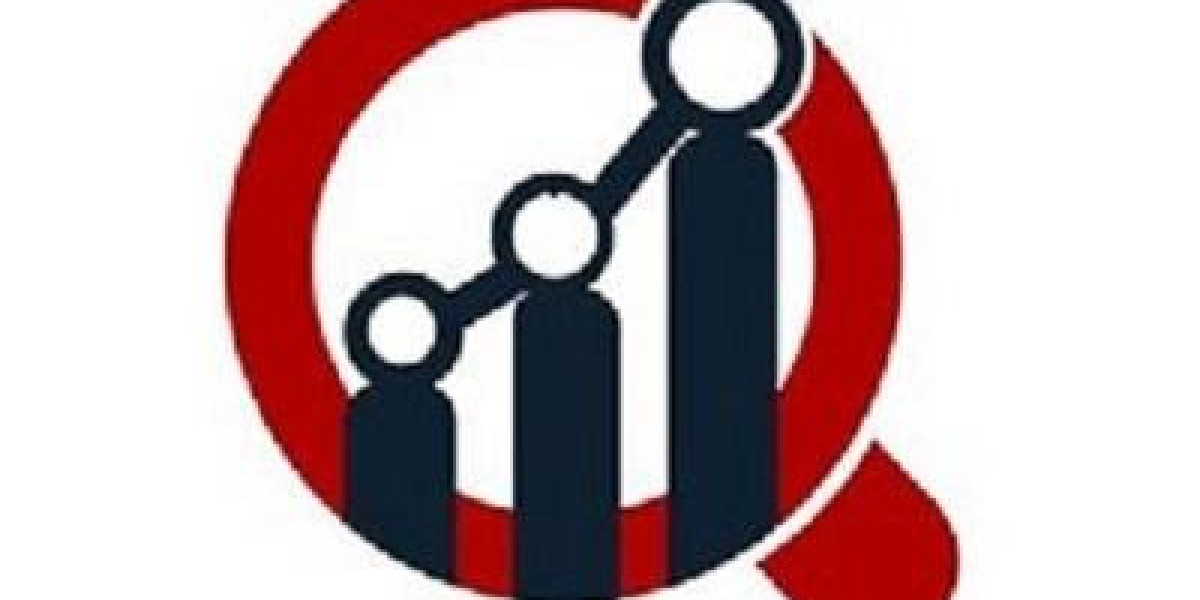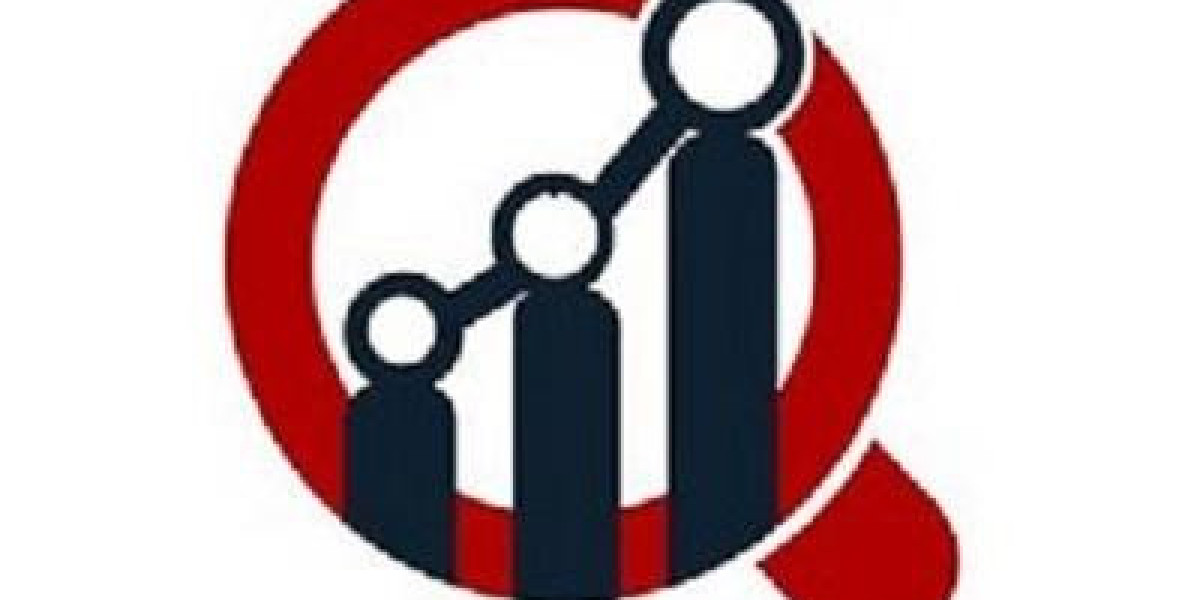As Per Market Research Future, a comprehensive Industrial Noise Control Market analysis reveals key trends, challenges, and opportunities within the industry. The analysis indicates a growing demand for soundproofing materials and enclosures driven by regulatory requirements and the need for improved workplace conditions. However, challenges such as fluctuating raw material prices and competition from alternative solutions must be addressed. Understanding these dynamics is crucial for stakeholders aiming to capitalize on emerging opportunities and enhance their competitive positioning in the industrial noise control market.
Industrial noise control refers to the techniques, materials, and equipment used to reduce or eliminate noise in industrial environments. With the increasing awareness of occupational health and safety regulations, noise control has become a critical aspect of industrial operations. High noise levels not only affect worker health but also impact productivity, machine performance, and compliance with regulatory standards.
Industrial noise originates from machinery, HVAC systems, compressors, generators, and production lines. The intensity and frequency of noise vary depending on the type of machinery, operational load, and factory layout. To address these issues, companies deploy various solutions such as acoustic panels, barriers, silencers, vibration isolators, and soundproof enclosures.
Market Drivers and Growth Factors
The industrial noise control market is primarily driven by stringent workplace safety regulations and rising concerns about occupational hearing loss. Government policies across North America, Europe, and Asia mandate compliance with permissible noise exposure limits, compelling industries to adopt noise control solutions.
Moreover, industries such as manufacturing, construction, automotive, and energy are increasingly investing in noise mitigation strategies to enhance worker safety and ensure regulatory compliance. Technological advancements in materials and noise reduction equipment are also driving market growth. Modern solutions focus on efficiency, durability, and minimal disruption to operations.
Urbanization and industrialization in emerging economies have increased the deployment of heavy machinery, contributing to higher noise levels and demand for noise control measures. Additionally, growing environmental awareness and community pressure to reduce industrial noise pollution are encouraging industries to implement comprehensive noise control systems.
Types of Industrial Noise Control Solutions
Industrial noise control solutions can be broadly categorized into active and passive methods. Passive solutions include sound-absorbing materials, enclosures, and barriers that reduce noise by limiting sound propagation. Active noise control techniques use advanced electronics and sensors to generate counteracting sound waves, effectively canceling out unwanted noise.
Vibration isolation systems are also widely used to reduce the transmission of mechanical noise. Acoustic monitoring and modeling technologies allow industries to identify noise sources, design effective solutions, and optimize factory layouts to minimize sound impact. Integration of noise control systems with smart factory initiatives is another emerging trend in the market.
Regional Insights
North America and Europe represent mature markets for industrial noise control, driven by strict occupational safety regulations, advanced manufacturing sectors, and high awareness levels. Asia-Pacific is the fastest-growing region, propelled by rapid industrialization, infrastructure development, and adoption of advanced manufacturing technologies in countries such as China, India, and Japan.
Latin America and the Middle East are gradually increasing investments in noise control systems due to growing industrial operations and regulatory compliance requirements. The trend toward smart factories and Industry 4.0 in these regions is expected to further accelerate market growth.
Challenges in the Market
Despite the growth potential, the industrial noise control market faces challenges such as high installation costs, maintenance complexities, and varying effectiveness of noise control solutions depending on the industrial environment. Customization of noise control systems for specific machinery and operational conditions also requires technical expertise and significant investment.
Moreover, industries may delay implementing noise control measures due to cost constraints, especially in small and medium-scale operations. Continuous innovation and awareness programs are essential to overcome these barriers and ensure widespread adoption.
Future Outlook
The industrial noise control market is expected to expand steadily, driven by regulatory enforcement, technological advancements, and growing awareness of occupational health. The integration of IoT and smart monitoring systems will enhance real-time noise assessment and control capabilities.
Sustainable materials and eco-friendly solutions are likely to dominate future industrial noise control applications. Additionally, the increasing adoption of advanced manufacturing technologies, including robotics and automation, will necessitate the implementation of noise mitigation strategies to maintain a safe and productive work environment.
FAQs
Q1: What industries benefit most from industrial noise control?
A1: Manufacturing, construction, automotive, energy, and heavy machinery industries are primary beneficiaries.
Q2: What are the common noise control solutions?
A2: Acoustic panels, barriers, silencers, enclosures, vibration isolators, and active noise cancellation systems.
Q3: What are the main challenges in implementing industrial noise control?
A3: High installation costs, maintenance complexity, and customization requirements for specific industrial setups.
More Related Reports:


